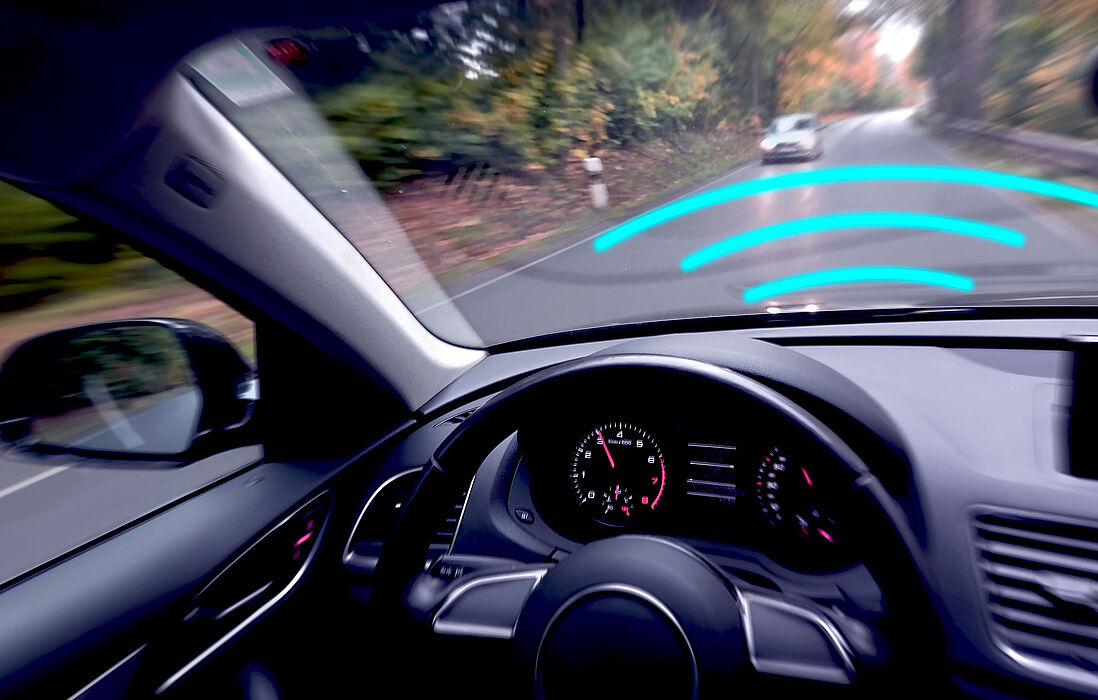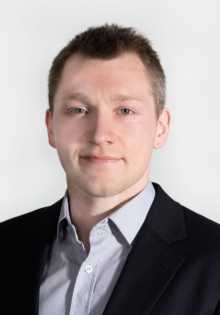New research project combines technology and science
The development of automated vehicles faces numerous challenges, first and foremost the precise detection of the environment. Conventional sensors reach their limits, especially in difficult weather conditions. This is where the new research project "LiRaS" comes in: experts from the fields of science, technology and industry are developing a system that enables vehicles to detect their surroundings as reliably and seamlessly as possible, even in adverse conditions. The project, in which Paderborn University is involved, is being funded by the Federal Ministry of Education and Research (BMBF) with around 10 million euros until the end of April 2027. Around 1.5 million euros of this will go to Paderborn University.
LiRaS combines core components of radar and laser-based LiDAR technology on a single chip to ensure comprehensive and fail-safe detection of the vehicle's surroundings. This combination brings together the advantages of both technologies in a single sensor and compensates for the technology-related limitations of the individual sensor. In contrast to autonomous driving, in which the vehicle takes over all tasks independently, drivers and assistance systems take over tasks themselves in the various stages of automated driving.
The main objective of LiRaS is to develop a low-noise imaging 3D radar sensor system based on a high-frequency stable oscillator that simultaneously integrates LiDAR elements at chip level. The low-cost information source enables secure data fusion and opens up new possibilities for advanced sensor data fusion concepts.
The LiRaS consortium consists of scientific and industrial partners in order to create a broad basis for the exchange of experience and future development. This collaboration not only promotes the development of the photonics industry in Germany, but also enables rapid dissemination of the technology in new vehicle applications in the field of automated driving and related areas of application. In this way, the consortium partners also want to contribute to strengthening Germany's position in international competition.
The project is being led by Volkswagen AG. In addition to Paderborn University and the Fraunhofer Institute for High Frequency Physics and Radar Techniques (FHR) as scientific partners, Konrad GmbH, Xavveo GmbH and Cycle GmbH are involved in the project as non-scientific partners. GlobalFoundries is also involved in the project as an associated partner.
This text has been translated automatically.


